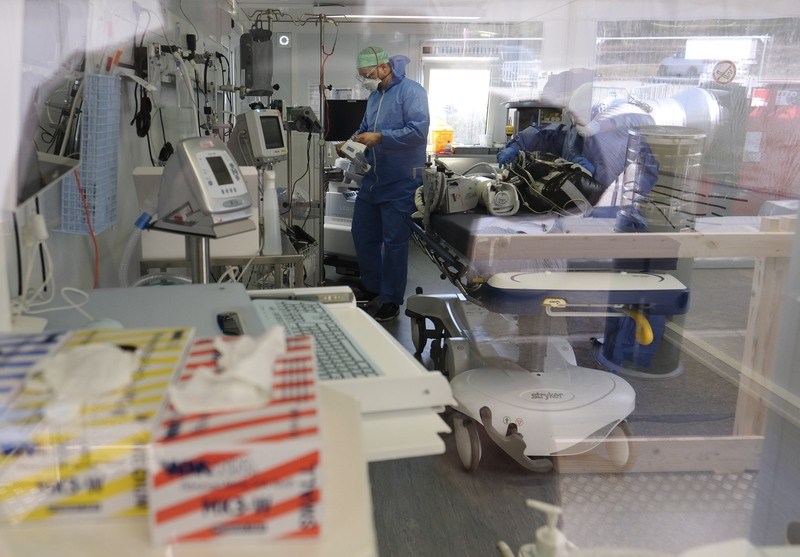An average of 1,476.4 people per day tested positive for the new coronavirus (Covid-19) in Belgium during the past week, according to the latest figures by Sciensano on Friday.
The trend of new infections per day increased by 48% over the 7-day period from 15 to 21 September. On Monday 21 September, the last complete daily figure available, 1,970 new infections were recorded.
Additionally, 150.5 infections were confirmed per 100,000 inhabitants over the past two weeks, which is an increase of 144% compared to two weeks earlier.
The total number of confirmed cases in Belgium since the beginning of the pandemic is 108,768. The total reflects all people in Belgium who have been infected, and includes confirmed active cases as well as patients who have since recovered, or died as a result of the virus.
Related News
- 'Very good chance' that Belgium will introduce more restrictions soon, says Wilmès
- Fight against coronavirus is far from over, experts warn
- Coronavirus: Belgium listed among European countries with 'worrying trends'
Between 17 and 23 September, an average of 62.3 new hospitalisations per day were recorded, up from 50.6 per day the week before.
In total, 602 patients are currently in hospital, which is 52 more than yesterday. Of those patients, 104 are in intensive care, nine more than yesterday. This is the first time that over 100 patients are in the ICU since early June. Patients on a ventilator number 57, five more than the day before.
An average number of 4 deaths occurred per day over the past week, a slight rise compared to the average of 3 people the week before. The total number of deaths in Belgium since the beginning of the pandemic is currently 9,965.
According to figures on Sciensano’s dashboard, approximately 36,700 tests were carried out on average per day over the last week, about 2,600 more than the week before. Since the start of the pandemic, a total of over 3 million tests have been carried out.
Belgium’s reproduction number (Rt) is currently 1,37, according to Sciensano’s figures. This means that, across the country, one infected person infects more than one other person on average, and that the epidemic is still growing.
Maïthé Chini
The Brussels Times

